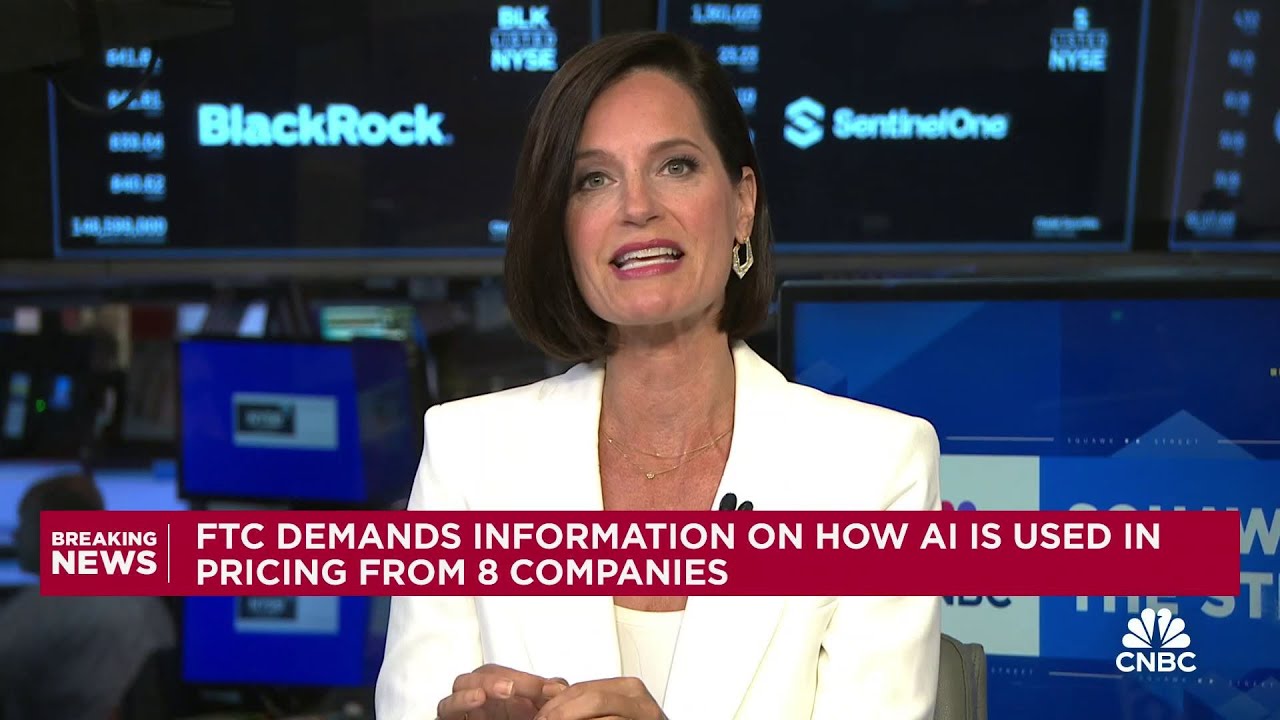The FTC is investigating how eight companies, including MasterCard and Chase, use AI for dynamic pricing that varies based on consumer behavior and data, raising concerns about privacy and fairness. This inquiry aims to understand the impact of surveillance pricing practices, particularly regarding potential disparities in what different customers pay for the same products or services.
The Federal Trade Commission (FTC) is launching an investigation into surveillance pricing, which allows companies to charge different prices to different customers based on their behavior and characteristics. This initiative aims to gather information on how artificial intelligence (AI) is utilized in dynamic pricing strategies. The FTC is particularly concerned about how consumer data is collected and used to influence pricing, and it has demanded information from eight companies that employ AI tools for targeted pricing.
Among the companies under scrutiny are major players such as MasterCard, Chase, and consulting firms like McKinsey and Accenture. Other businesses being investigated include Revionics, which services well-known retailers like Home Depot, and Bloomreach, which works with brands like Fresh Direct and Puma. The FTC’s chair, Lina Khan, emphasizes the potential privacy risks associated with the harvesting of personal data and the implications it may have for consumer pricing.
The FTC’s investigation falls under its 6B authority, allowing it to collect information without launching a specific law enforcement action. Importantly, none of the targeted companies or their clients are currently accused of any wrongdoing. Instead, the FTC aims to better understand the rapidly evolving technology and its impact on pricing practices in the market, especially following the dynamic pricing trends observed during the pandemic.
The discussion highlights how surveillance pricing can lead to significant disparities in what different customers pay for the same product or service. For instance, a customer’s price at a restaurant could vary based on factors like their previous dining habits or even their perceived wealth, which raises ethical concerns about fairness and transparency in pricing.
Furthermore, the FTC is interested in understanding whether certain populations, such as rural customers or women, are more vulnerable to being charged higher prices due to surveillance pricing tactics. This inquiry reflects broader concerns about how technology and data analytics can perpetuate inequalities in consumer experiences and access to services, prompting a need for regulatory oversight in this area.
